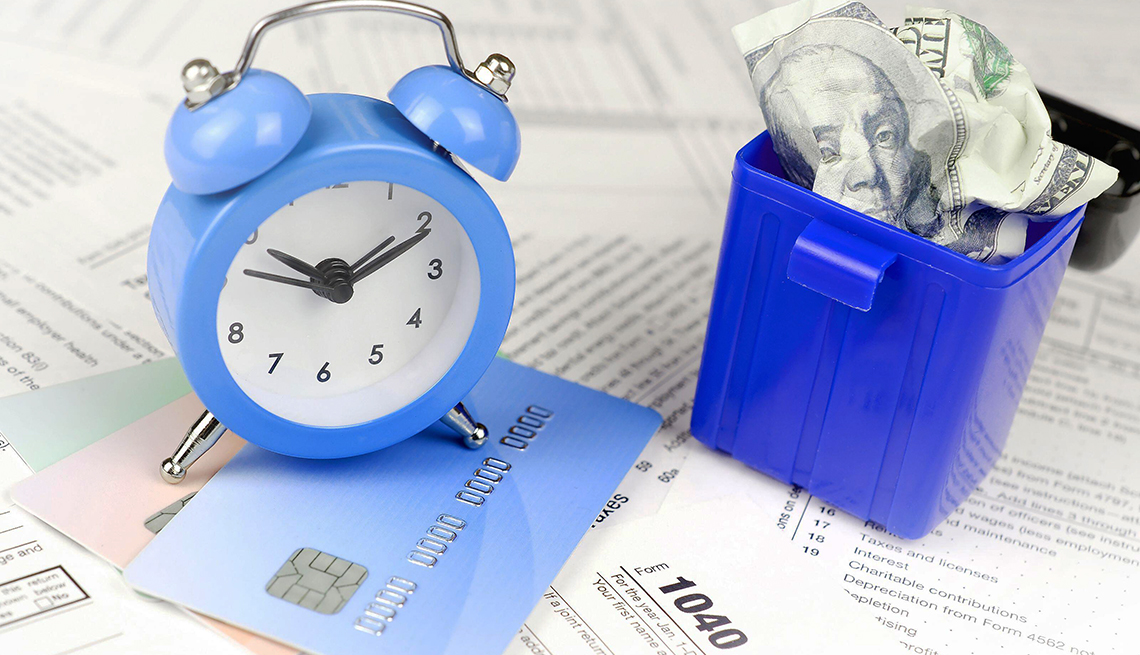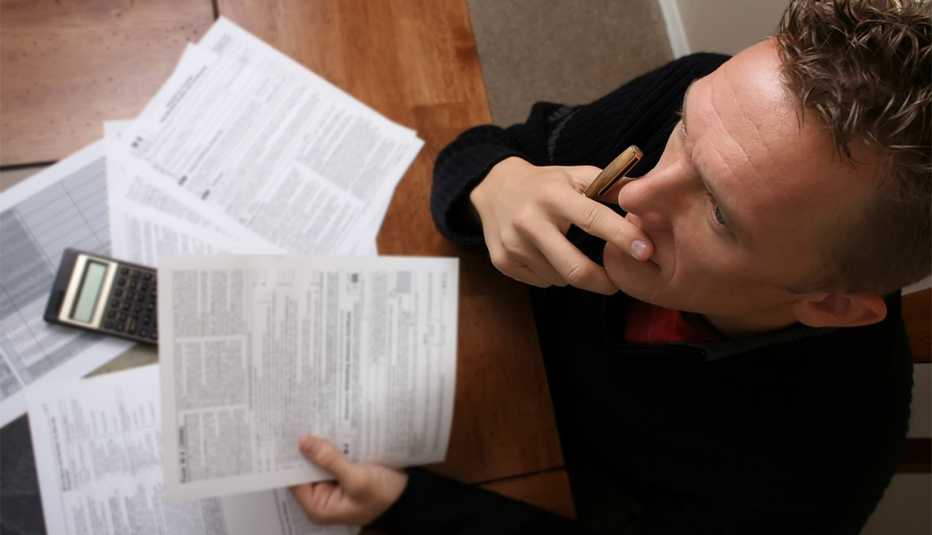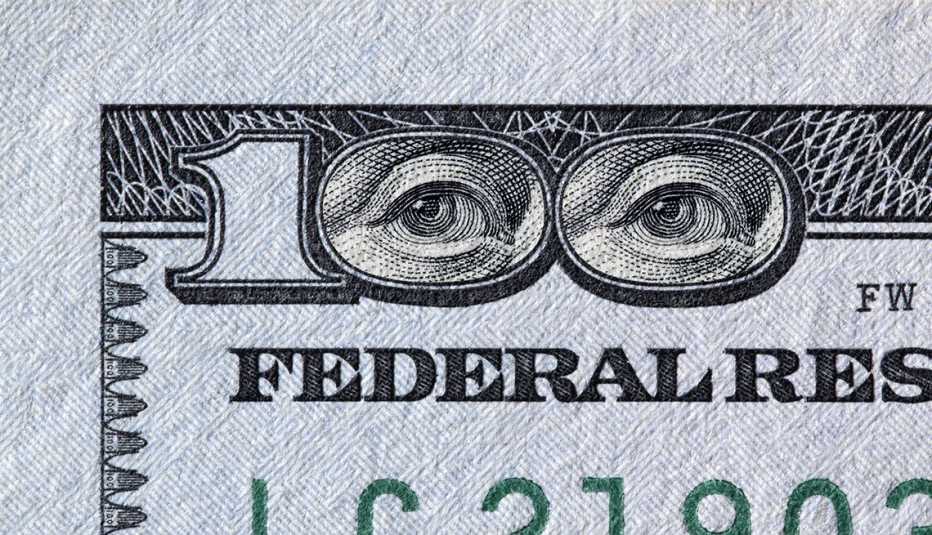AARP Hearing Center
John Waggoner
Federal income tax returns — and taxes owed — are due May 17, and if you're staring at a big tax bill, you might be tempted to charge it on your credit card. That way, at least, you'd reap some rewards points as your money flies off to Uncle Sam. But the decision is more complicated than you might think.


The Internal Revenue Service (IRS) has contracted with three companies to process federal income tax payments by credit card. They each charge a fee, ranging from 1.96 percent to 1.99 percent, to process your payment.
Clearly, if your credit card offers two percent cash back on purchases, you're not going to make much money. “You'd barely be coming out ahead,” says Ted Rossman, industry analyst at creditcards.com. On a $10,000 tax bill, you'd get $200 back on a card that offered two percent cash back on purchases, but pay between $196 to $199 in fees. The net gain of $1 to $3 might not seem worth it, although at least you would effectively eliminate the processing fee.
If you have a rewards card and get points for your purchases, however, you may be able to get some benefit from charging your taxes. Here again, you should make sure that the amount you pay in fees to the tax processing service is less than the value of your points.
Let's return to the example of the $10,000 tax bill and assume a $187 fee for charging your taxes to Uncle Sam. Points are typically worth about one to two cents apiece. If your credit card company gave you 10,000 points for charging a $10,000 tax bill — a penny a mile — you'd earn the equivalent of $100, still not enough to make charging your tax bill worthwhile.
Some card companies offer different amounts of points for different types of purchases: two points per dollar for airline tickets, for example, and one point for groceries. Some may offer no points for charging your taxes. “We encourage verifying with your credit card company which category charging your taxes will fall under,” says Christina Taylor, head of operations at Credit Karma Tax.


































































